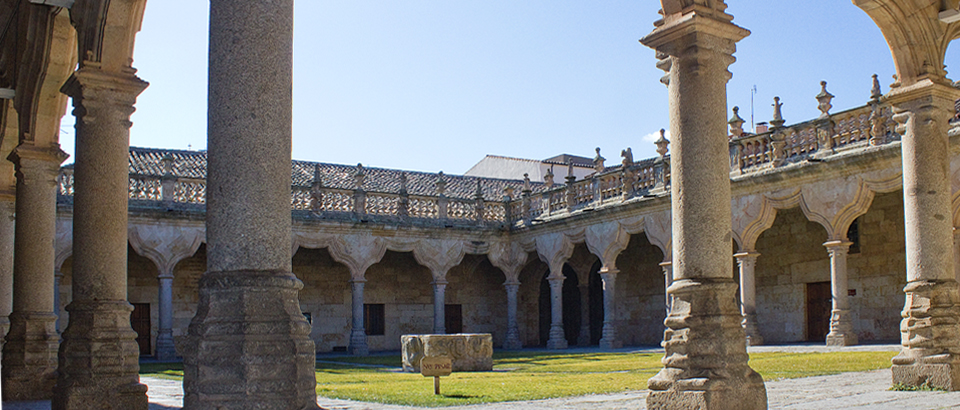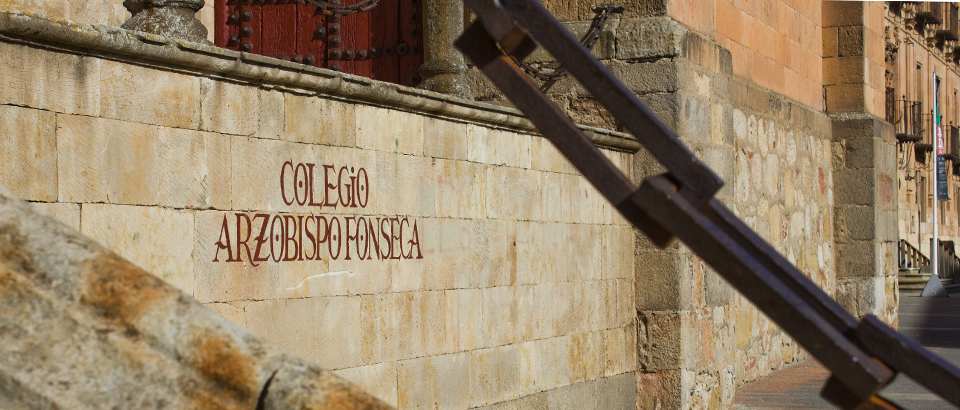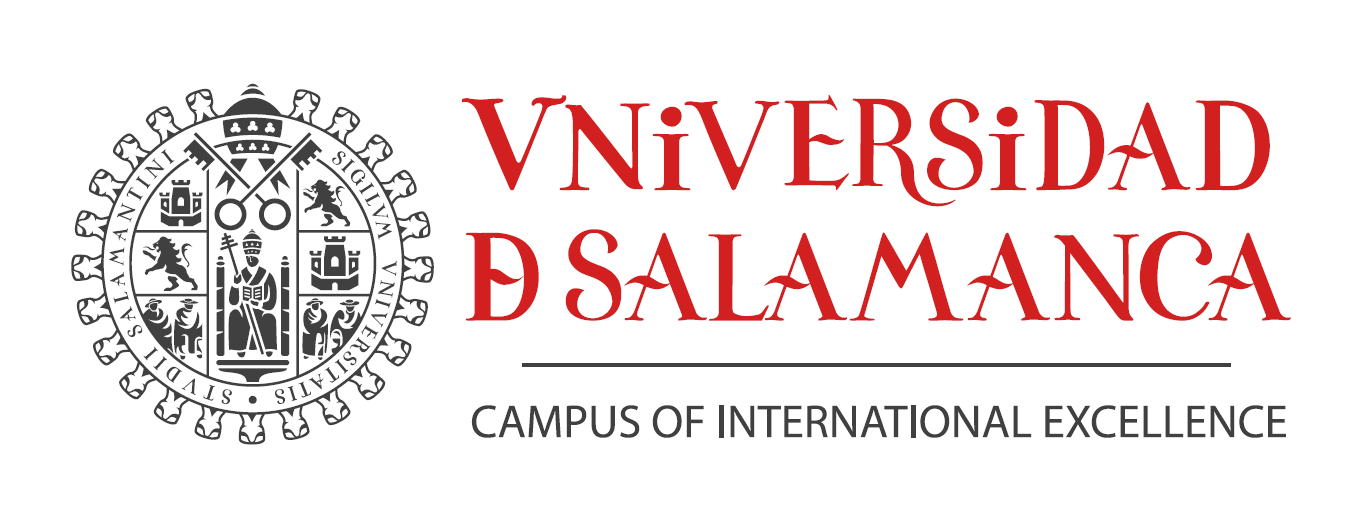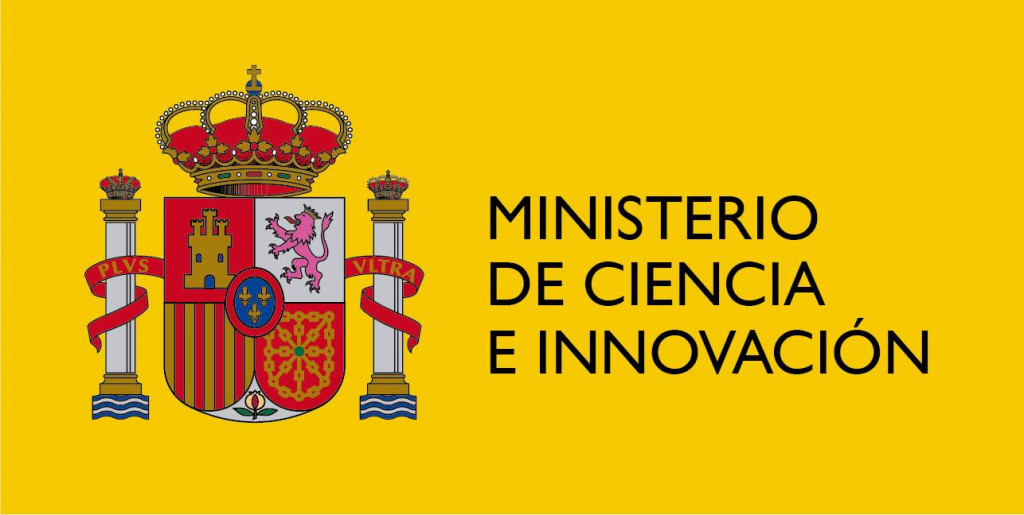The STRONG2020 HaSP school was planned for the end of the H2020 STRONG2020 European Network.
The STRONG-2020 project brings together many of the leading research groups and infrastructures involved today in the study of the strong interaction in Europe, and also exploits the innovation potential in applied research through the development of detector systems with applications beyond fundamental physics, e.g. for medical imaging and information technology. The Consortium includes 45 participant institutions, embracing 14 EU Member States, one International EU Interest Organization (CERN), and one EU candidate country. Together with host institutions of 21 other countries, without EU funds benefits, the project involves research in 36 countries. The project is structured in 32 Work Packages (WP): 7 Transnational Access Activities (TA), 2 Virtual Access Activities (VA), 7 Networking Activities (NA) and 14 Joint Research Activities (JRA). Furthermore, 2 WPs take care, respectively, of the “Management and Coordination” of the project and of “Communication and Outreach”.
The School will be held from September 5th to September 14th 2023 at the new headquarters of Cursos Internacionales of the University of Salamanca. Lectures will take place at Room 005.
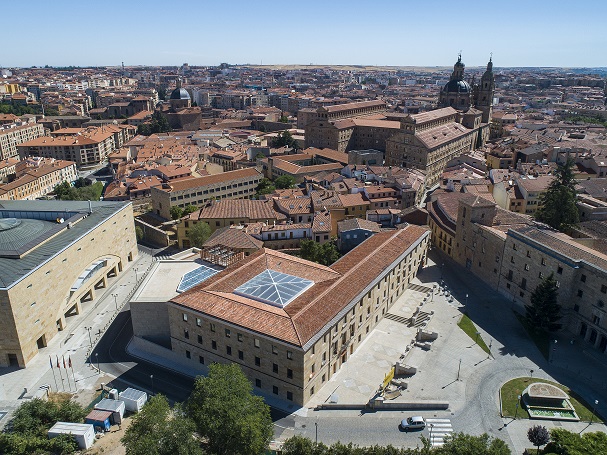
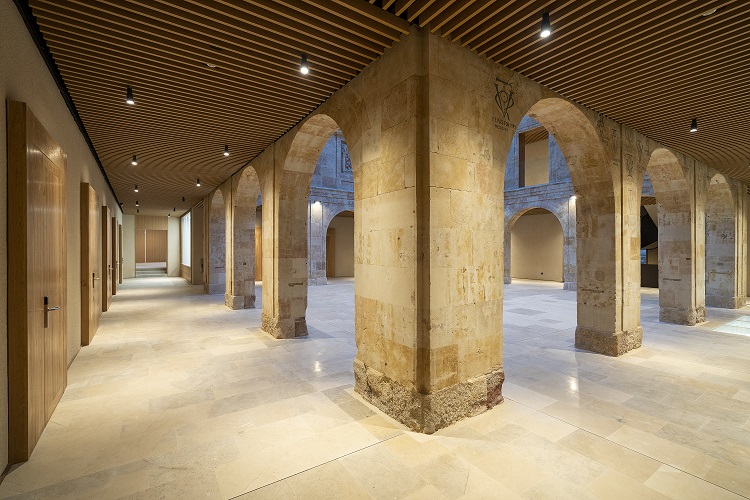
Registration is now open. Please register through the Indico page.
The aim of the school is to provide an overview of the present status and progress in hadron structure and dynamics, as well as a preview of the forthcoming investigations.
It will cover lectures on both experimental and theoretical aspects, including in particular the presentation of new results.
The main topics of the school are:
- Effective Field Theories of QCD (Introduction to non relativistic EFTs (HQET, NRQCD, pNRQCD) and chiral effective field theory. Quark-gluon plasma, heavy-ion collisions, thermal field theory, effective field theories at finite temperature)
- Analysis tools for hadron physics (Cross sections, Dalitz plot, helicity formalisms, S-Matrix constraints, reaction amplitude parametrization, hands-on with simulated data)
- Hadron physics experiments (Experimental Methods in Hadron Spectroscopy. Light Mesons with open and hidden strangeness. Mesons spin and parity determination procedure. Baryon spectroscopy in the light sector. Photo and electro-production of mesons on nucleon targets. Polarization observables and complete reactions. Experimental and statistical methods for data analysis. Applications to data: polarization observable and cross section extraction)
Confirmed speakers:
- Antonio Vairo (T.U. Munich)
- Jacopo Ghiglieri (CNRS, IN2P3)
- Vincent Mathieu (U. Barcelona)
- Miguel Albaladejo (IFIC Valencia)
- Annalisa D’Angelo (U. Roma and INFN)
- Alessandra Filippi (INFN Torino)
- Derek Glazier (U. Glasgow)
- Lucilla Lanza (U. Rome Tor Vergata)
- Nickolas Zachariou (U. York)




